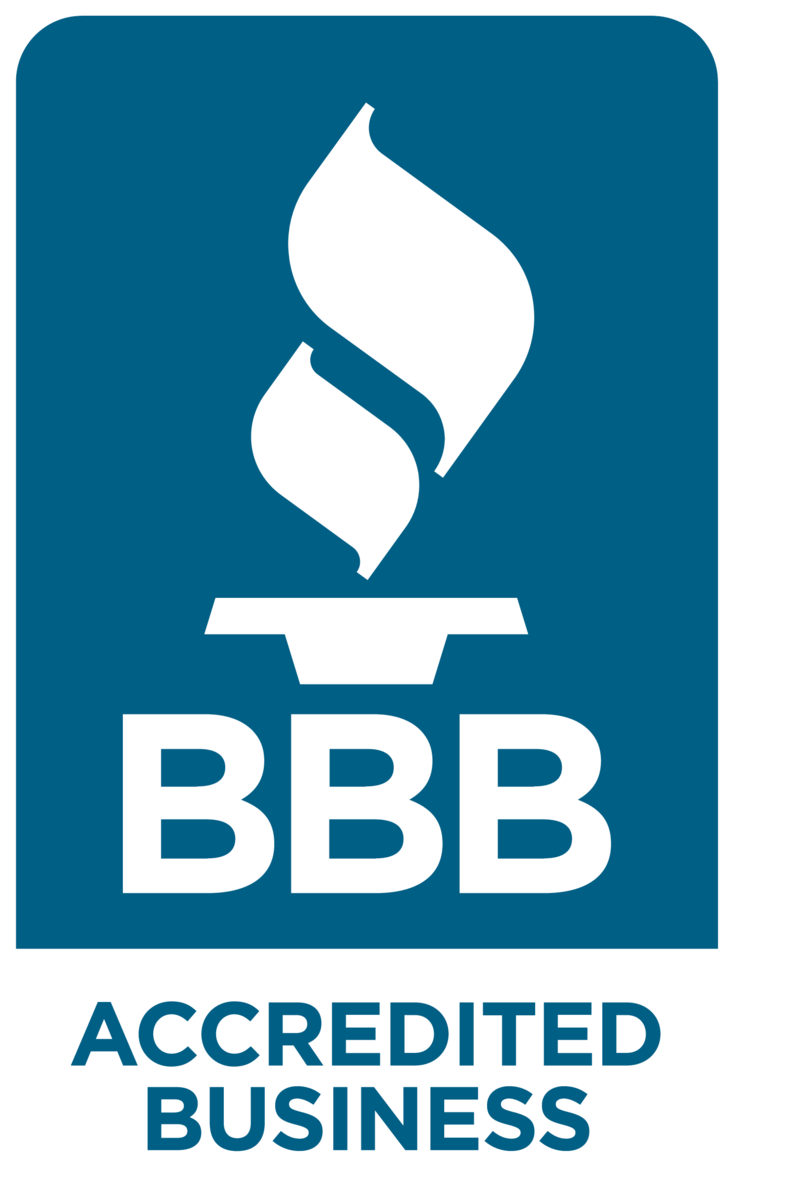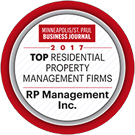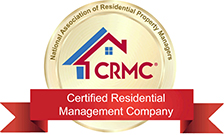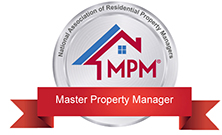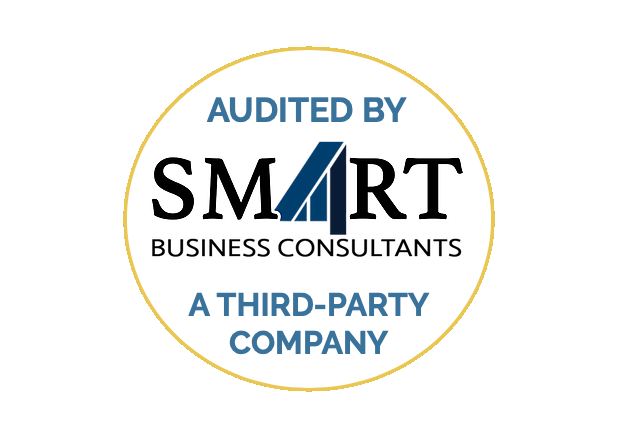It’s possible that the piece of investment property you rent out to tenants was once your own property. There are different parts of the tax code that apply to homeowners and to landlords separately. One area in particular applies to you as both a homeowner and a landlord. That area is what I am going to talk to you about today. This is the capital gains exclusion, which is IRS Section 121.
The capital gains exclusion is meaningful to you as a rental property owner, especially if you once lived in that rental property as a homeowner. One thing you need to know is that I am not a CPA or a tax advisor, so please seek professional advice. In fact, when it comes to the capital gains exclusion, my advice is always to seek better advice. Talk to your accountant or some other professional who has detailed knowledge about taxes, capital gains and what is required to qualify for exclusions, tax credits and tax breaks.
When it comes to your rental property, you need to take Section 121 into account because it can really help you at tax time. If you have some serious capital gains on your rental property, you want to be conscious of what that means to the IRS and the tax code. To qualify for the exclusion spelled out in this section, you need to live in that property as your primary residence for two years out of a five year period. So you could rent the property out for a few years after you lived in it and still qualify for the exclusion, but if you rent it out for a longer period of time and you have not lived in it for two years, you might not be able to qualify for the exclusion.
It’s not complicated, but it can be hard to explain and demonstrate the different points at which the property was your primary residence and not a rental home. This is why I recommend that you always talk to your tax advisor or attorney before you file your income taxes so you know exactly what you are eligible for when it comes to tax breaks.
If your rental property falls into this exclusion, get some help from your tax planner or financial advisor. And if you have any questions about this or other matters related to property management, please contact us at RP Management.











